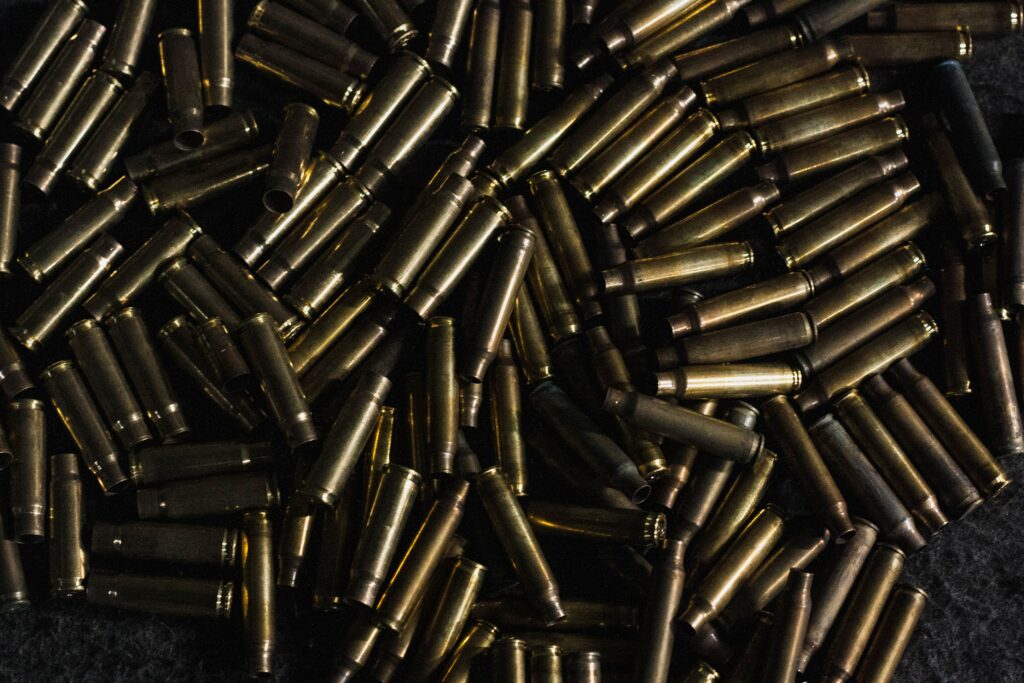Rhun Dafydd examines Wales’ role in the arms trade fuelling the war in Yemen
At Cymdeithas y Cymod, we campaign to end all wars – from the conflict in Ukraine to those in Yemen and Ethiopia. But some wars receive more attention than others.
Due to our Western gaze and uneven media coverage, some wars and Wales’ own role in them go under the radar. Wales’ involvement in supporting the continuing conflict in Yemen is a case in point. We should openly discuss our impact if we want to be a forward thinking internationalist nation.
According to the United Nations, the war in Yemen is the world’s ‘worst humanitarian crisis’.
What has made the war a challenge to fully understand is the number of armed groups and nations that have a stake in the conflict. The Saudi-led coalition, along with the Hadi government, are one of the main players of the war, and the Campaign Against Arms Trade (CAAT) estimates that the UK has supplied arms worth over £15 billion to Saudi-led forces since the war in Yemen began.
The RAF use Valley in Ynys Mon as a location to train Saudi pilots, with over 30 Saudis being taught on the island back in 2020 alone.
However, the British Government has donated hundreds of million of pounds to aid Yemen since 2015 with over £88m being spent in 2022/23 alone. Therefore the Government is giving aid to the very coalition that is causing so much suffering in Yemen.
But as the poet Iwan Llwyd once wrote regarding the Iraq war in the 90s, ‘fod olew yn dewach na gwaed’: ‘Oil is thicker than blood’.
It is obvious that companies’ profits are far greater than any aid given. It is important to note that Saudi Arabia is home to the second largest proven oil reserves in the world, and is the producer with the biggest influence on its price.
Innovative. Informed. Independent.
Your support can help us make Wales better.
As for Wales’ involvement, we know that the RAF use Valley in Ynys Mon as a location to train Saudi pilots, with over 30 Saudis being taught on the island back in 2020 alone. These individuals are being taught how to manoeuvre fighting jets for air strikes. Ordinary people suffer most in wars and over 25,000 air strikes, mainly by Saudi pilots, have killed 9,000 civilians since the war began.
Wales is also connected through the production of weapons, as proven by recent research by the CAAT. Wales has numerous sites that produce weapons and systems used in the bombing of Yemen. These include BAE Systems at RAF Valley and in Glascoed, Usk; Raytheon, based in Broughton; FAUN Trackway in Llangefni; and Airbus in Coedkernew, Newport. These products directly cause damage and suffering in Yemen while the profits of the arms companies soar.
Does Wales need to be a Nation of Peace before it can truly become a Nation of Sanctuary?
BAE’s involvement goes beyond delivering equipment. BAE has 6,500 staff in Saudi Arabia to support the operational capabilities of the Saudi armed forces. That is, the attacks on Yemen.
The Welsh Government supports these companies for bringing investment into Wales and has previously attended arms fairs that have had representatives from Saudi Arabia present, such as the DSEI arms fair in London.
To challenge Wales’s role in trading arms with Saudi Arabia, Cymdeithas y Cymod supports CAAT with their legal case in The High Court, challenging the government over the supply of UK weapons in the war in Yemen. The hearing has been listed between 31st January – 2nd February 2023. There have also been recent protests in the Valley in Ynys Mon led by campaigners from Cymdeithas y Cymod, and Palestine Action also led break-ins and damage in Presteigne.
How can Wales be both an arms dealer and a peacemaker? How is the Welsh Government able to promote being a Nation of Sanctuary and welcome refugees if it is part of that very problem causing them to flee their homes?
Does Wales need to be a Nation of Peace before it can truly become a Nation of Sanctuary?
All articles published on the welsh agenda are subject to IWA’s disclaimer.





